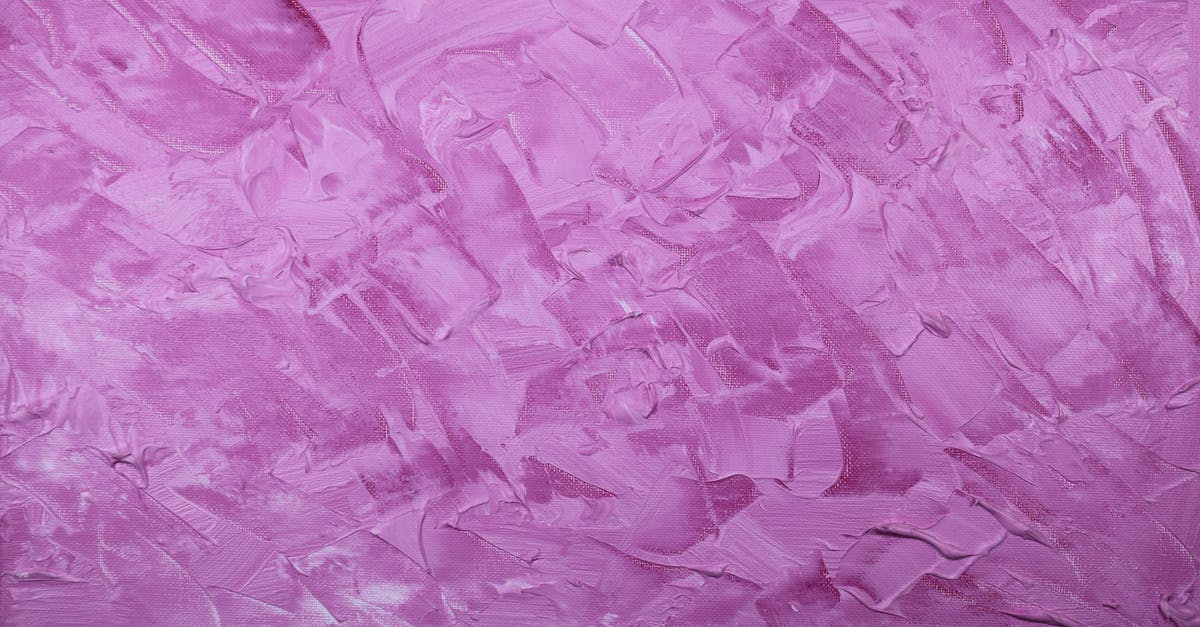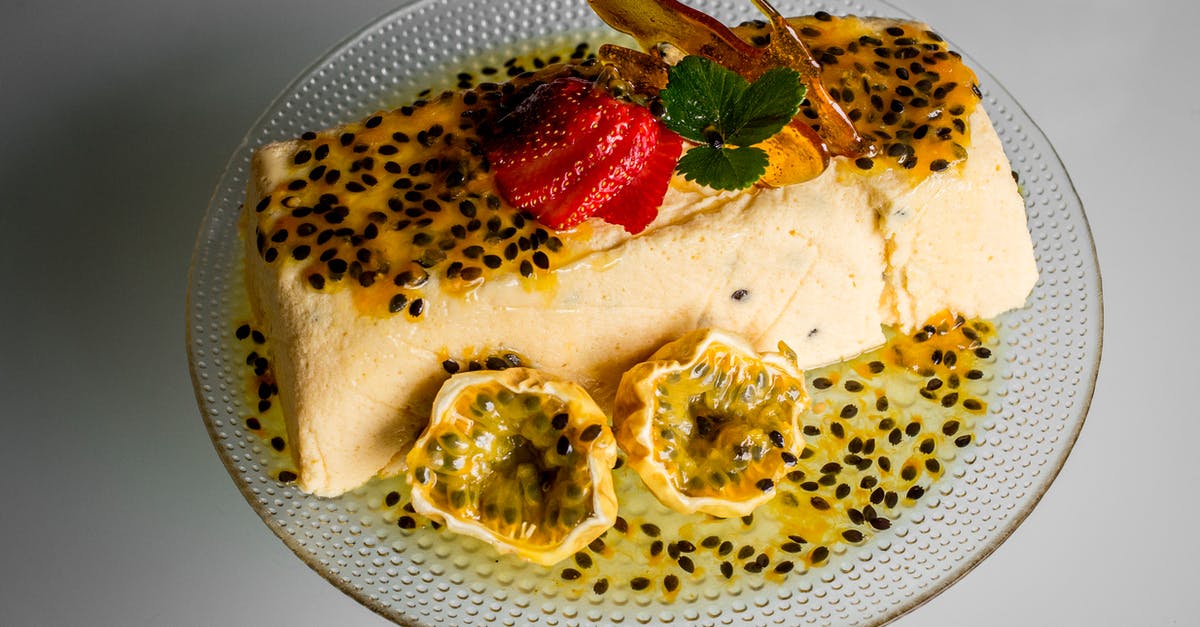What caused leakage in my cheesecake?

I made a cheesecake this past weekend. The firing schedule was two stages, cook at 350 F for 25 mins; then apply a sour cream top and insert back into oven for 5 mins at 450 F.
When I went to put it back in to brown the sour cream, I noticed there was a fair bit of smoke (although not enough to be alarmed yet). As I inserted the cheesecake, I noticed what seemed to be a bit of liquid on the oven liner.
As the sour cream toasted, I thought about what could have caused the liquid. I wondered if maybe something I cooked earlier (like a roast chicken) gave off some spatter. I became concerned that at 450 F, the smoke would become worse. Looking in on it, the smoke was indeed worse, and I shut the oven off and gave up on the cheesecake.
I am wondering specifically what caused the liquid.
I have some guesses, but I am hoping someone more experienced than me would be able to say for sure.
First, I will talk about the ingredients of the base cake, and see if that could have caused seepage.
The crust was an Oreo crumb, frozen (not baked), and there were several places where liquid could have gotten through.
The cheesecake itself consisted of:
- 1.5 lbs cream cheese
- 2 tsp vanilla
- 4 egg whites
- 1 C sugar
I am thinking one point of failure could be the egg whites. The directions were to beat to soft peaks, then slowly incorporate the sugar and beat to stiff peaks. When I separated one of the eggs, a very minute dabble of yolk may have gotten through. I thought I read that if there were any yolks, then it would be nearly impossible to beat to stiff peaks.
After I beat the whites and sugar for what seemed like too long of a time, I settled for what I told myself were stiff peaks. The recipe called to fold the whites into the beaten cream cheese. This may have been another failure point: I am unsure I folded long enough. When I took the cake out to top with sour cream, it showed definite segments of the cheese and egg.
And lastly I am wondering if the oven liner may have caused the liquid. That is, I think the temperature of 450 F was too high and am wondering if that temp caused the liner to degrade.
Hopefully someone knows what the cause was. I am looking to make this to an edible product.
Best Answer
Spring forms are not entirely liquid-proof, so anything liquid can leak out of the form while baking. I personally set off the fire alarm a month ago trying to make potatoes au gratin in a spring form. In my experience, what tends to leak from a cheesecake is fat from the crust. Many recipes recommend baking a cheesecake in a water bath, which both helps the cake bake evenly and neatly prevents anything from leaking onto the bottom of the oven.
I will say that using beaten egg whites for an oven baked cheesecake is somewhat unusual. Most recipes include whole eggs, and you would try to avoid beating any air into the batter to prevent cracks from forming.
Pictures about "What caused leakage in my cheesecake?"



Quick Answer about "What caused leakage in my cheesecake?"
In my experience, what tends to leak from a cheesecake is fat from the crust. Many recipes recommend baking a cheesecake in a water bath, which both helps the cake bake evenly and neatly prevents anything from leaking onto the bottom of the oven.How do I stop my cheesecake from leaking?
You can usually tell within the first 20 minutes of baking the cake if the foil didn't hold and water entered your cheesecake. Very thin, usually large, watery bubbles will appear on the surface of the cake or you can see little sputtering places on the edges. (Not all bubbles are signs of water.How do I know if water leaked into cheesecake?
Overmixing the Mixture When you overmix the batter, more air is incorporated into the cheesecake batter. This causes the cheesecake to rise and fall, leaving cracks on the surface of it. This can be prevented by having all your ingredients at room temperature so you can mix less to get the ingredients incorporated.Why did my cheesecake overflow?
The outer edges may be fully cooked, but if the eggs in the center have not been fully cooked, their proteins will not coagulate enough to hold the center together, and it will fall as the cheesecake cools. Temperature and coagulation are the key elements to control to produce a reliably creamy, firm cheesecake.Why does Cheesecake crack?
More answers regarding what caused leakage in my cheesecake?
Answer 2
Add one tablespoon of plain flour before your eggs. Only mix that in for about 20 seconds on speed 4 (medium) It won't alter the taste but shouldfix your issue.
Sources: Stack Exchange - This article follows the attribution requirements of Stack Exchange and is licensed under CC BY-SA 3.0.
Images: Nick Collins, Mikele Sobrevilla, Olha Ruskykh, Suzy Hazelwood
